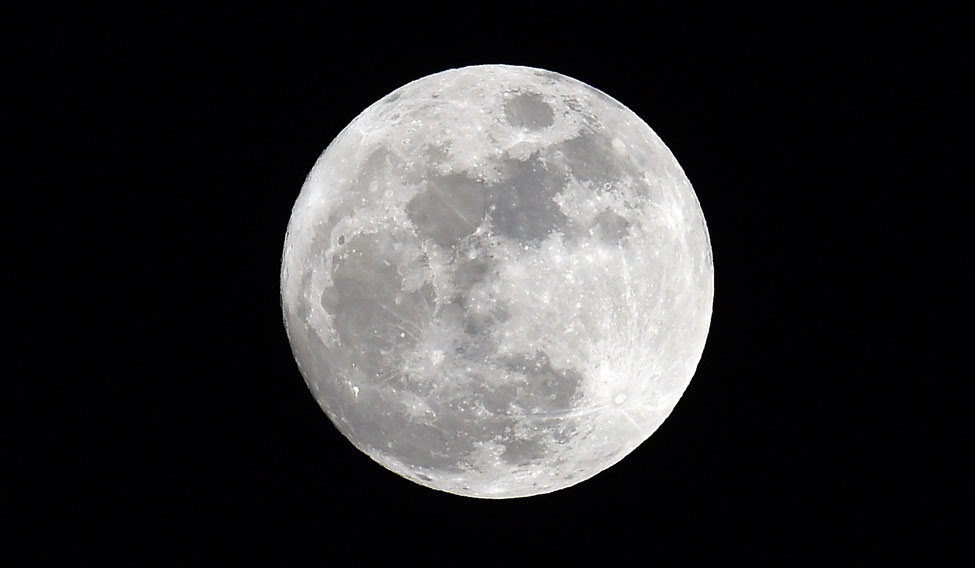An experiment that seeks to study photosynthesis on the Moon, another that would explore water recycling in space by using the electrocoagulation effect, yet another that would try to find if cosmic radiation on the lunar surface can be used to generate electricity are among the 25 experiments that are in a race to fly aboard the Team Indus Spacecraft scheduled for launch in 2017.
Team Indus had started Lab2 Moon, a global challenge for students under 25 to build an experiment that would fly onboard the Team Indus Spacecraft to the Moon. One out of these 25 experiments would be selected to go aboard the spacecraft.
The shortlisted entries come from several countries including India, Peru, Italy, United States, United Kingdom, Spain and Mexico. Rahul Narayan, Team Indus Fleet Commander, said, “We are absolutely thrilled that as many as 3,000 teams from all around the world participated in this race to the Moon. There are so many great ideas...The investigations will definitely catalyse our understanding of viable living options beyond our planet and could ultimately result in better, more sustainable practices back on earth as well.”
The shortlisted teams have each been assigned mentors from Team Indus, each of whom would work closely with the teams to ensure that the standards needed for space grade experiments are observed and maintained. The experiments have created excitement in the corporate world with a few companies expressing interest to support the teams in their efforts.
“Being shortlisted in Lab2Moon competition is a fantastic opportunity for us to glimpse into the space industry. The possibility of taking our experiment to the Moon and making an influence on human evolution is an extremely exciting prospect”, said Sam Brass of LunaDome, a team from the University of Bath, UK.
An eminent international jury comprising K Kasturirangan, former chairman of Indian Space Research Organisation, Alain Bensoussan, former president of Centre national d'études spatiales (CNES) and former chairman of Council, European Space Agency and Priyamvada Natarajan, Professor in the Departments of Astronomy and Physics at Yale University, would examine the experiments in detail over the next few months before the teams fly down to Bengaluru in March to showcase their final prototype to the jury.
The winning experiments would be announced in March 2017 after an extensive development programme, during the course of which Team Indus would actively participate to help the teams make their projects space-worthy.
Keertivardhan M Joshi of Lunar Leap, a team from Bengaluru, India said, “The objectives of this competition is in perfect resonance with our aspirations. Being space enthusiasts, we always had the urge to do something that was totally out of this world. This is going to be a historic mission and the very fact that this will be India's first ever attempt to soft-land on Moon, made it irresistible to us.”





